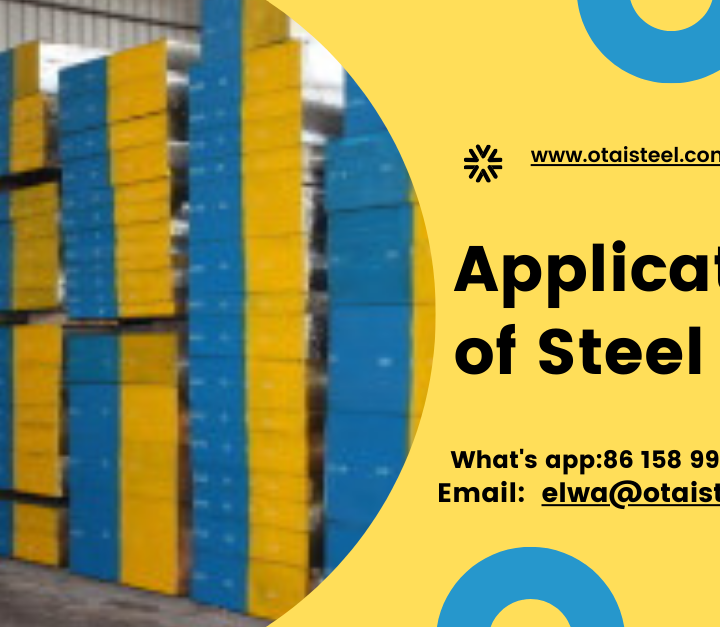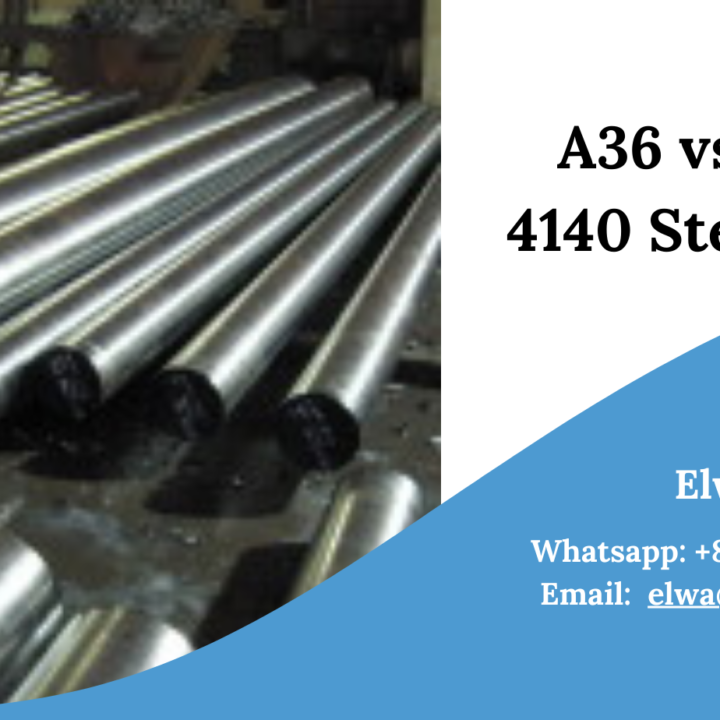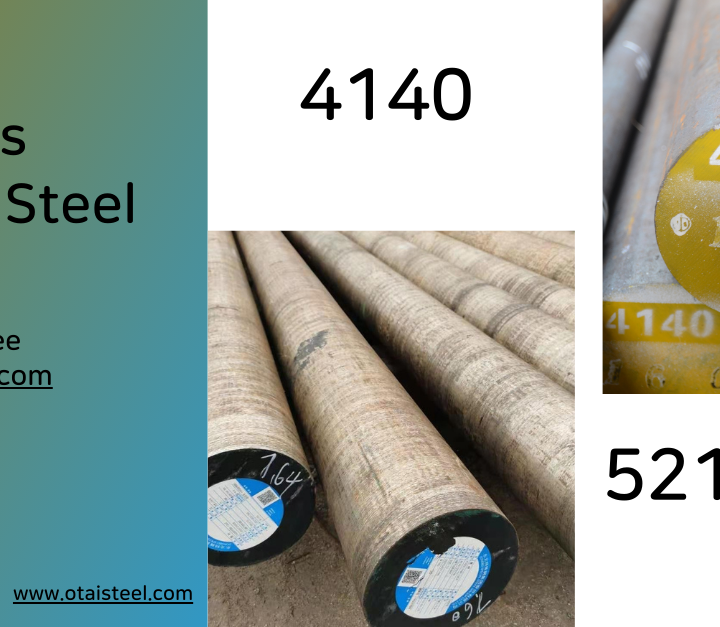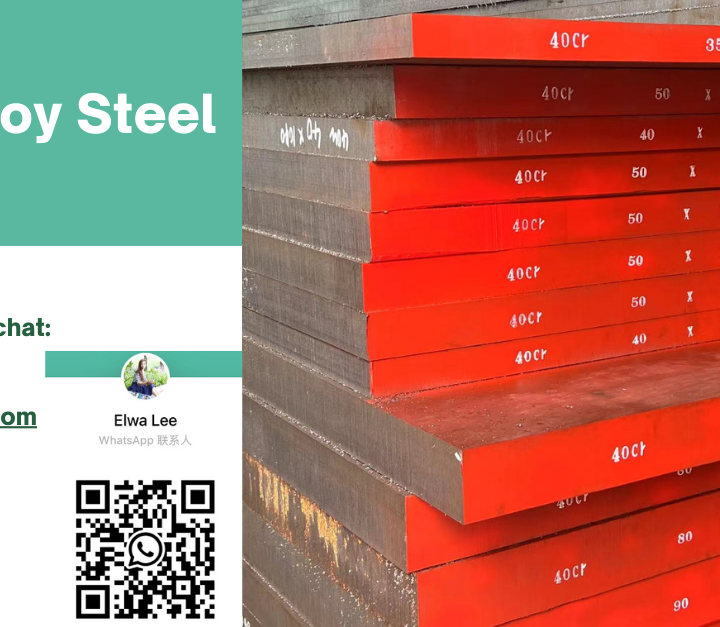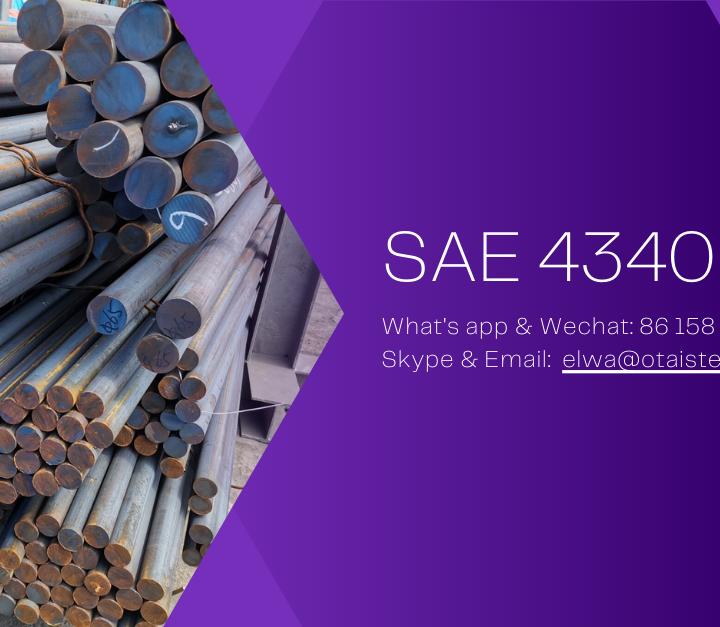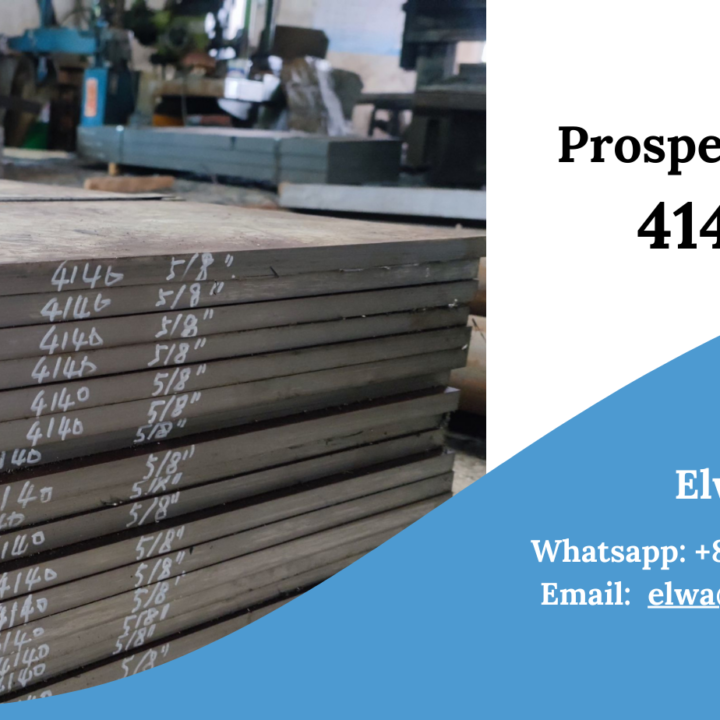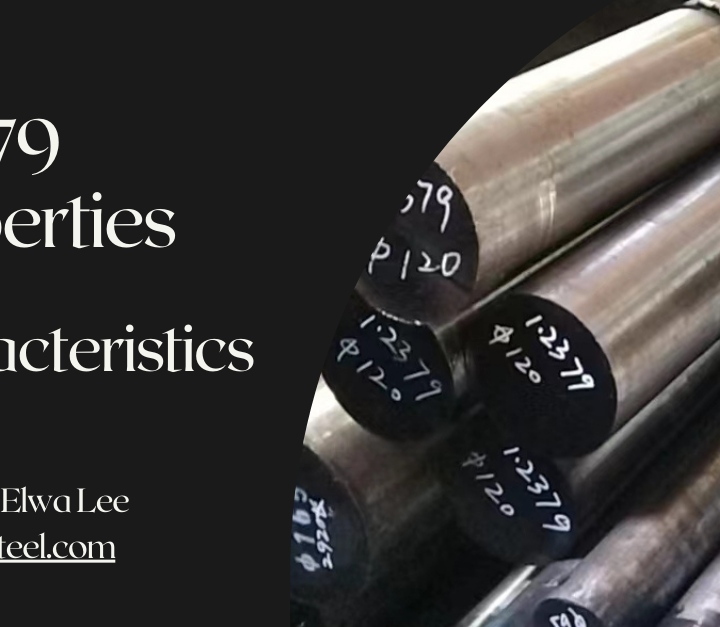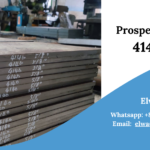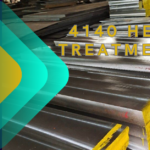Introduction
Steel alloys have been the cornerstone of various industries for decades, valued for their strength, durability, and versatility. Among these alloys, 4140 steel has earned a reputation for its outstanding properties. However, in certain applications, finding an alternative steel alloy with similar characteristics, often referred to as “4140 equivalent,” becomes essential. In this article, we will explore various steel alloys that can be considered as equivalents to 4140 steel, helping you find the ideal match for your specific needs.
 The Legacy of 4140 Steel
The Legacy of 4140 Steel
Before we delve into its equivalents, let’s briefly revisit the key characteristics of 4140 steel.
- Composition: Iron (Fe), Chromium (Cr), Molybdenum (Mo), Carbon (C)
- Strength: High tensile strength
- Hardness: Typically 28-32 HRC (Rockwell C scale)
- Versatility: Suitable for a wide range of applications due to its excellent strength and toughness.
4340 Steel: A Strong Contender
One of the closest counterparts to 4140 steel is 4340 steel. It shares a similar composition with higher levels of nickel, providing enhanced toughness and impact resistance. This makes it an excellent choice for applications demanding high strength and durability, such as aircraft landing gear, crankshafts, and heavy-duty machinery components.
4130 Steel: Balancing Strength and Workability
For applications requiring a balance between strength and workability, 4130 steel is often considered a suitable alternative to 4140 steel. It offers good weldability and machinability, making it an ideal choice for components like bicycle frames, aircraft parts, and tubing.
4150 Steel: A Variation Worth Exploring
4150 steel is a variation of 4140 steel with slightly higher carbon content. This modification enhances hardness and wear resistance, making it a preferred choice for applications that require improved abrasion resistance, such as gears, shafts, and firearm components.
8620 Steel: The Tough and Ductile Option
8620 steel is another alloy often mentioned in discussions of 4140 equivalents. While it may not match the tensile strength of 4140, it offers superior ductility and toughness. This makes it suitable for applications where impact resistance and shock absorption are critical, such as automotive parts and gear assemblies.
4160 Steel: Meeting Specific Needs
When precise mechanical properties are required, 4160 steel may be a viable option. It offers excellent hardenability and can be tailored to meet specific project requirements through heat treatment. This versatility makes it valuable for manufacturing specialized components in industries like oil and gas.
The Importance of Material Selection
Selecting the right steel alloy, whether it’s 4140 or one of its equivalents, depends on the specific requirements of your application. Factors such as strength, toughness, machinability, and heat-treatability play crucial roles in the decision-making process. Consulting with material experts and considering the unique demands of your project will guide you toward the ideal choice.
Future Prospects and Innovation
As technology advances and industries evolve, the search for steel alloys that can meet increasingly specialized demands continues. Research and development efforts are ongoing to create new alloys and improve existing ones, ensuring that the future holds even more promising options for those seeking alternatives to 4140 steel.
Conclusion
In conclusion, finding the right steel alloy that matches the properties of 4140 steel is essential for various industries. Whether it’s the toughness of 4340 steel, the balance of 4130 steel, the abrasion resistance of 4150 steel, or the ductility of 8620 steel, there are alternatives to suit a wide range of applications. The key is to carefully assess the specific requirements of your project and select the steel alloy that best aligns with those needs. As technology continues to advance, the world of steel alloys promises to provide even more innovative solutions for the challenges of tomorrow.
FAQs
Q1: Can 4340 steel be used as a direct substitute for 4140 steel in all applications?
A1: While 4340 steel shares many similarities with 4140, it may not always be a direct substitute. The choice between the two depends on specific application requirements, including toughness and impact resistance.
Q2: Are there any emerging steel alloys that could serve as alternatives to 4140 steel?
A2: Research is ongoing to develop new steel alloys with unique properties. Emerging alloys may offer improved performance and expand the range of alternatives to 4140 steel.
Q3: What factors should be considered when selecting a 4140 equivalent steel alloy?
A3: Factors such as strength, toughness, machinability, heat-treatability, and cost should all be considered when selecting a steel alloy as a 4140 equivalent. The specific requirements of the application are crucial in making the right choice.
